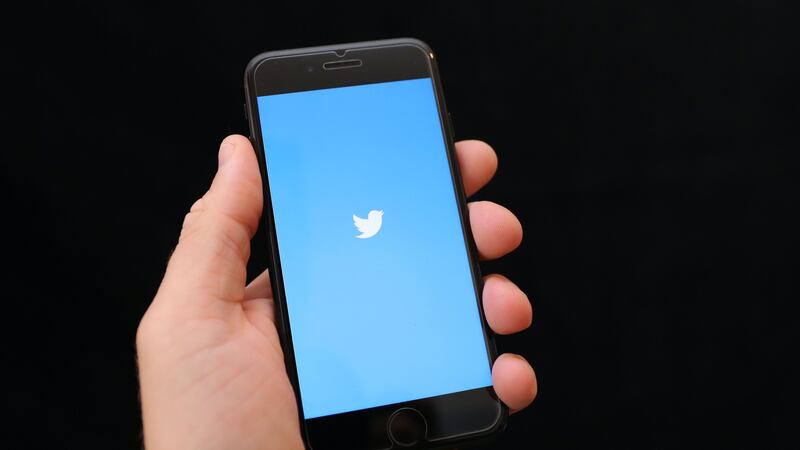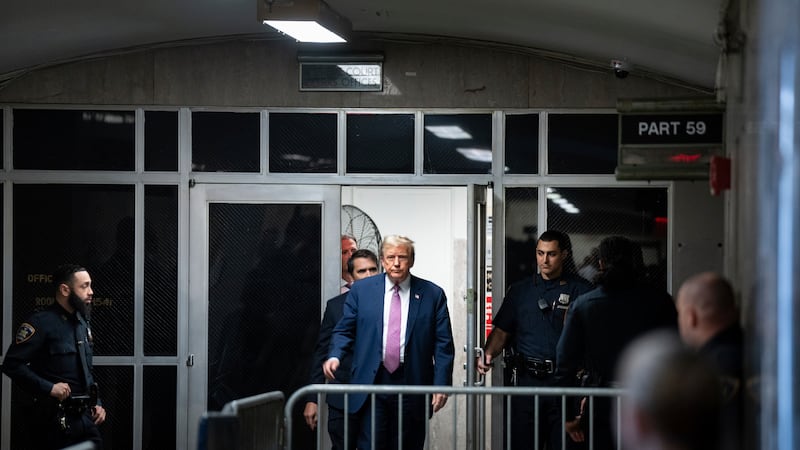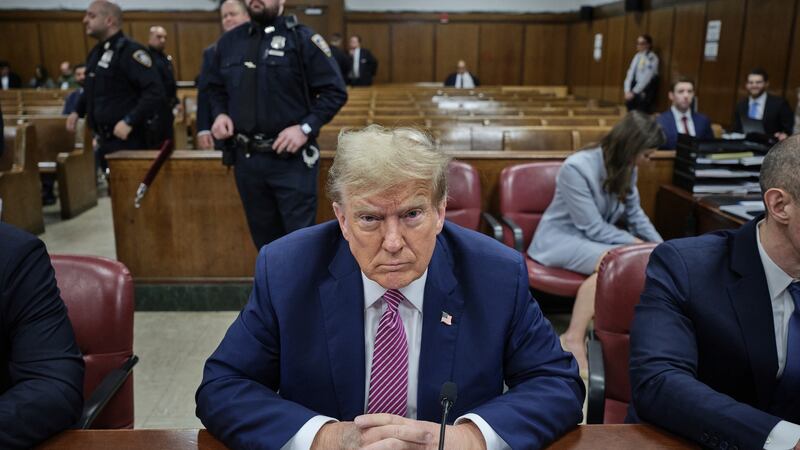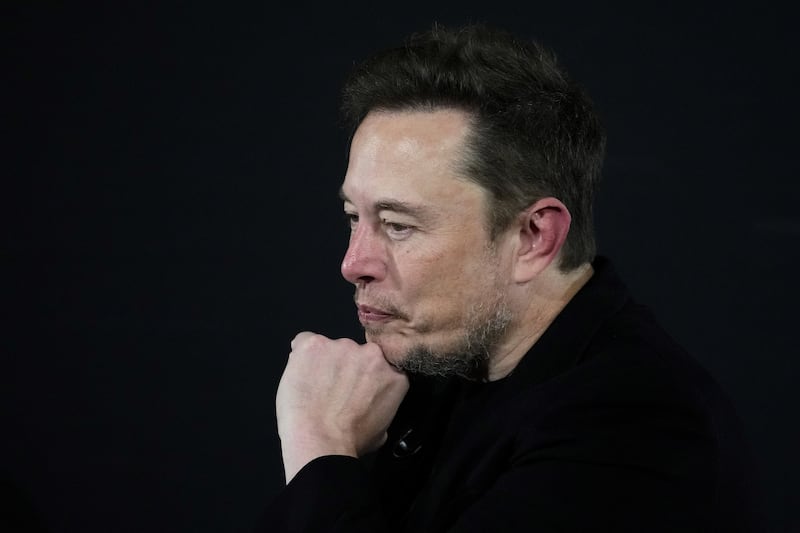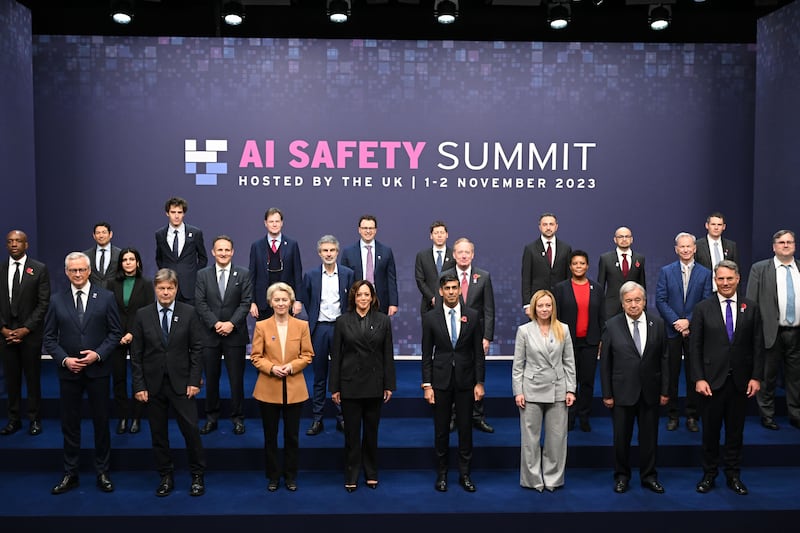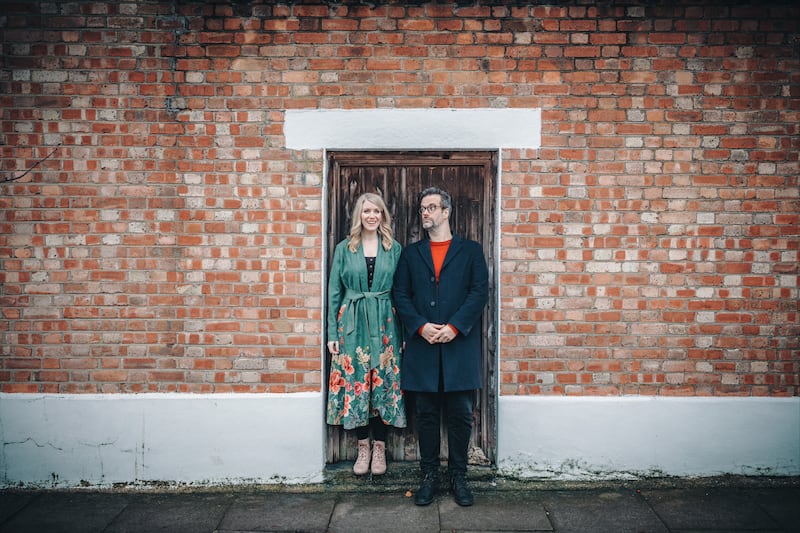Twitter says it has removed more than 30,000 accounts from the platform which were being used to spread state-backed propaganda.
The social media site said the 32,242 accounts which had been removed were linked to China, Russia and Turkey.
It said accounts linked to the Chinese government had used their network to spread “deceptive” claims about the political situation in Hong Kong.
According to Twitter’s report, more than 23,000 of the accounts had been linked to China and were spreading “geopolitical narratives favourable to the Communist Party of China (CCP), while continuing to push deceptive narratives about the political dynamics in Hong Kong”.
The network of misinformation also included around 150,000 “amplifier accounts”, which Twitter said were used to inflate interactions on the content posted by the main accounts, falsely creating an impression of organic interest in its posts.
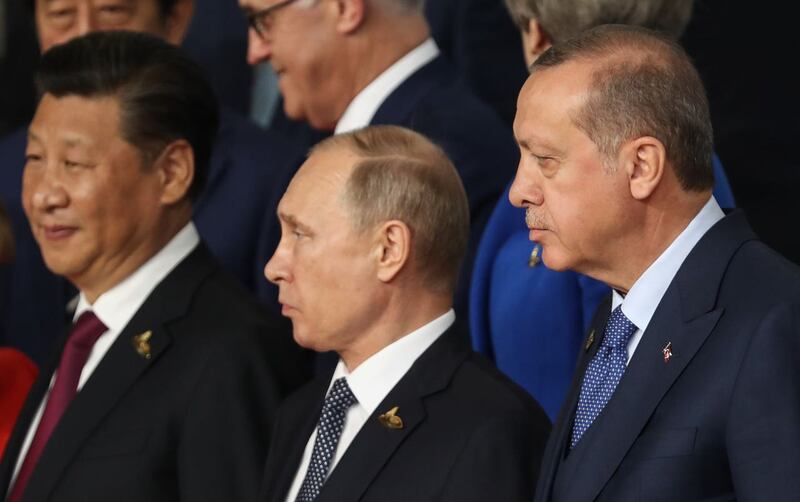
However, Twitter confirmed it had chosen not to remove the amplifier accounts as they were not a part of the core network of fake accounts.
A separate network linked to Russia has also been removed, made up of 1,152 accounts which were removed for “amplifying content in an inauthentic, coordinated manner for political ends”.
According to Twitter, the accounts were promoting President Vladimir Putin’s United Russia party and attacking political dissidents.
The third network, targeting audiences in Turkey, included more than 7,000 accounts which were being used to promote positive political narratives about President Recep Tayyip Erdogan.
The social media giant said it hoped to host an online conference later in the summer, bringing together experts, industry and government to discuss more collaboration in disrupting such networks in the future.
“Ultimately our goal is to serve the public conversation, remove bad faith actors, and to advance public understanding of these critical topics,” Twitter said.
